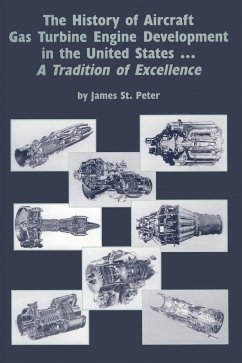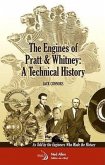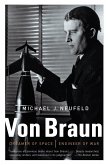In this history of aircraft gas turbine engine development in the United States, technological advancements will be traced through the evolution of specific engines. Each engine examined represents an important advance in this critical technology. Although every model of aircraft gas turbine ever developed represents some technological change, in the opinion of the author, the engines presented here demonstrate clear and significant advances over previous technologies. These American-made turbojets have had a greater impact on U.S. aircraft gas turbine usage than any other models we could examine. The four British engines described are exceptions to this all-American discussion. The Whittle engine, introduced into this country during World War II, became the model for the General Electric I-A. The other three engines are the British Derwent and Tay, which introduced Pratt & Whitney into the jet engine business, and the Pegasus. The Pegasus is the only non-U.S. engine to be "featured" as the topic of an entire chapter because it not only is representative of the finest in vectored-thrust technology, but also is the standard powerplant for U.S. Marine Corps Harrier aircraft.








